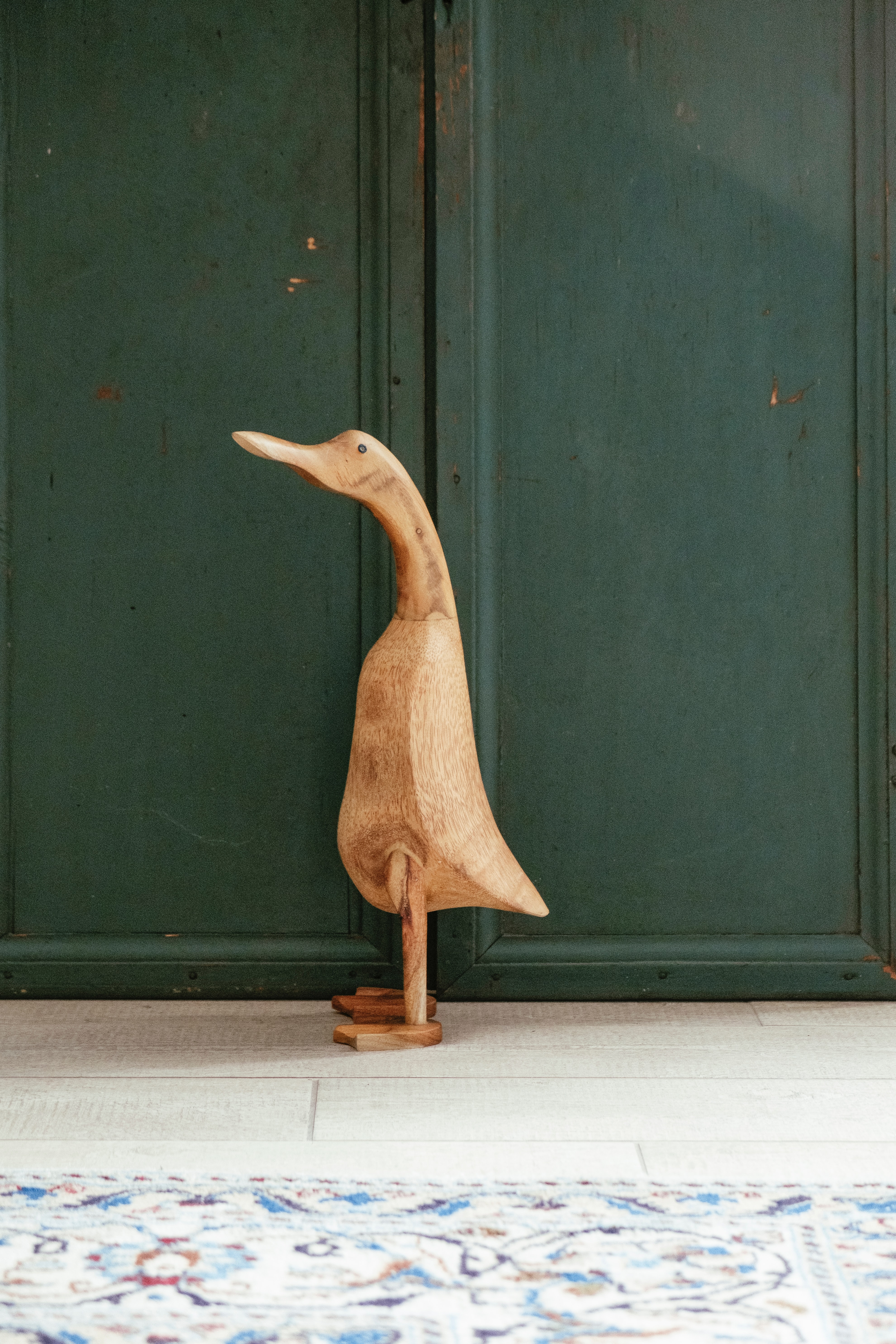
I’ve been listening to an audio series on career change coaching. It’s got me thinking about how important it is to follow your own path and forget about what you think you should be doing.
It’s easy to dismiss your dreams. We’re really good at talking ourselves out of what we want in an attempt to protect ourselves from rejection or failure. We tell ourselves that success is only possible if we win the lottery, or if we were younger, more qualified, cleverer.
Boxes
A friend was recently talking to me about how we fit ourselves into boxes. It ‘helps’ to guide us in what we can and can’t do.
I’ve never done this, I’ve never been the type of person to do that.
I’m always single, I’m always indecisive, I’m not adventurous.
The thing is, there are no boxes. It’s a construct. We dream these boxes up. Based on society, on stories we’ve been told and tell ourselves. Using examples out there in the media and in films and books about how things should be.
We think we know what we should be doing, how we should be living. We follow a similar path to our friends, family, society in general. A successful life is a job where you earn x amount of money, your home life looks like this, your relationships look like this.
It takes courage to think – screw that, it’s not for me. This is what I want MY career to look like. This is what a successful relationship looks like, to me.
It takes courage to do an about-turn.
It takes courage to be confident in what you want, to forget about what other people might think of it or what other people think is ‘normal’. And to go for it.
Big changes
There’s a lot of talk right now about people making big changes in their lives, brought on by the craziness of the pandemic. People realising what’s most important to them. Realising that they really don’t want to go back to how they were working. Realising that they can no longer bear where they are living or who they are living with.
Sometimes it’s a big shake up that gets the momentum going.
Maybe now is the perfect time to start thinking about what you really want from life. To be honest with yourself. And to start making a plan. It’s true – with the uncertainty bought on by the pandemic, it’s seems like a difficult time to make any changes, to physically get out there and do stuff. To take any risks.
But, I like the softly softly approach. Start talking small steps, regularly. It doesn’t have to be a big jump. Find out about someone else’s career. Speak to a career coach. Sign up for an online course.
You can make a plan, full of teeny tiny achievable steps – and get going.
If you’ d like to try a career change coaching session with me, contact me on LinkedIn, or email me at joaopoku@gmail.com
Written during Writers’ Hour. Join me on the next one.
Photo by Erda Estremera on Unsplash




